Национальный семинар для Туркменистана по проекту ГЭФ-ПРООН-ЮНЕСКО
Национальный семинар для Туркменистана по проекту ГЭФ-ПРООН-ЮНЕСКО «Укрепление устойчивости стран Центральной Азии путем содействия региональному сотрудничеству в области оценки нивально-гляциальных систем с целью разработки комплексных методов устойчивого развития и адаптации к изменению климата»
12 и 13 мая 2025 г. в г. Ашгабад прошел национальный семинар, посвященный проекту ГЭФ – ПРООН – ЮНЕСКО «Укрепление устойчивости стран Центральной Азии путем содействия региональному сотрудничеству в области оценки нивально-гляциальных систем с целью разработки комплексных методов устойчивого развития и адаптации к изменению климата».
Цель семинара - разработка ключевых идей, которые впоследствии могут быть преобразованы в конкретные шаги и специфические для Туркменистана мероприятия по изучению криосферы.
Центрально-Азиатский региональный гляциологический центр категории 2 под эгидой ЮНЕСКО (ЦАРГЦ) представляла ведущий научный сотрудник ЦАРГЦ Н.В. Пиманкина.
Открывшая встречу г-жа Чинар Рустамова – ответственный секретарь Национальной комиссии Туркменистана по делам ЮНЕСКО отметила, что решение Генассамблеи ООН о провозглашении 2025 г. Международным годом сохранения ледников, а 21 марта – Всемирным днем ледников, а также принятие по инициативе Таджикистана Десятилетия действий в поддержку криосферных наук (2025-2034 гг.) направлены на привлечение международного внимания к проблеме сохранения ледников, их значения для природы и человека. В этом году, который имеет статус Международного года мира и доверия, Туркменистан отмечает 30-летие нейтралитета. Г-жа Рустамова акцентировала внимание присутствующих на необходимости использования альтернативных источников энергии, о всенародной акции по озеленению Туркменистана – в 2024 г. с привлечением молодежи было высажено 632 тыс. саженцев, что поможет улучшить микроклимат.

Участники семинара. 12.05. 2025 г.
Начальник отдела по гидрометеорологии МООС РТ С. Эйеберенов в своем выступлении привел туркменские пословицы « Капля воды – крупица золота», «Вода – отец, земля – мать», отражающие отношение туркменского народа к воде как к источнику жизни. Была подчеркнута важность объединения усилий ученых в укреплении научного трансграничного сотрудничества и привлечения внимания общественности к проблеме таяния ледников и рискам, связанным с изменениями климата.
Участники семинара обсуждали национальный контекст «Видение – 2050» . Ледников и постоянного снежного покрова в Туркмении нет, только в горах Копетдага выпадает и сохраняется снег. 98% водных ресурсов формируется вне страны. Предложено было организовать обследование ледников бассейнов Вахш и Пяндж, дающих начало реке Амударья, с привлечением специалистов и студентов-гидрологов из Туркмении. Наземный мониторинг рекомендуется сочетать с методами дистанционного зондирования, в том числе с применением беспилотных летательных аппаратов. Использование различных методов требует подготовленных компетентных специалистов, квалификацию которых можно повышать путем участия в Летних школах и тренингах, которые успешно проводят специалисты Кыргызстана и Казахстана.
Ученые Центральной Азии могут дать рекомендации по изучению и картированию селей и водно-ледовых паводков в РТ с использованием единых методик. Со своей стороны, представители Туркменистана, директор Института пустынь доктор П. Кепбанов пригласили специалистов публиковать результаты исследований в журнале «Охрана окружающей среды и экология» МООС Туркменистана.
Помимо совместных научных исследований, большое внимание в проекте уделяется созданию единой платформы управления знаниями по криосфере в Центральной Азии. Предполагается обмен знаниями, опытом, мировыми достижениями тенденциями, наилучшими практиками в области сохранения ледников. Будут разрабатываться виртуальные экскурсии на ледники, размещаться архивные фотографии и биографии известных исследователей.

Интервью ТуркменТВ о целях проекта

Лекция в Университете
Эксперты разных стран и специалисты ЮНЕСКО приняли участие в лекции, организованной для студентов Международного Университета гуманитарных наук и развития. Интерес у молодежи вызвали методы сохранения ледников, применяемые в отдельных странах.
В данном Университете открылся Клуб ЮНЕСКО – шестой в Туркменистане. Девиз клуба – «Мир, доверие – основа гуманизма и развития». Студенты, магистранты, преподаватели будут изучать и пропагандировать идеалы ЮНЕСКО, идеи мира и взаимопонимания между людьми. Цели клуба соответствуют целям Международного года сохранения ледников, укреплению доверия и сотрудничества в области науки и образования.
С целью информирования о проведении Международного года ледников, формирования общественного мнения и повышения осведомленности дано интервью для ТуркменТВ.
Итогами работы семинара стали сформулированные участниками основные задачи изучения криосферы Туркмении с учетом срочности их исполнения и мероприятия, которые необходимы для решения задач в свете происходящих глобальных изменений. Выработаны рекомендации по созданию платформы управления и обмена данными, опытом и знаниями.
Н.В. Пиманкина
ВНС лаб. мониторинга динамики снежных и ледовых ресурсов ЦАРГЦ
GEF-UNDP-UNESCO
14 мая 2025 г.
